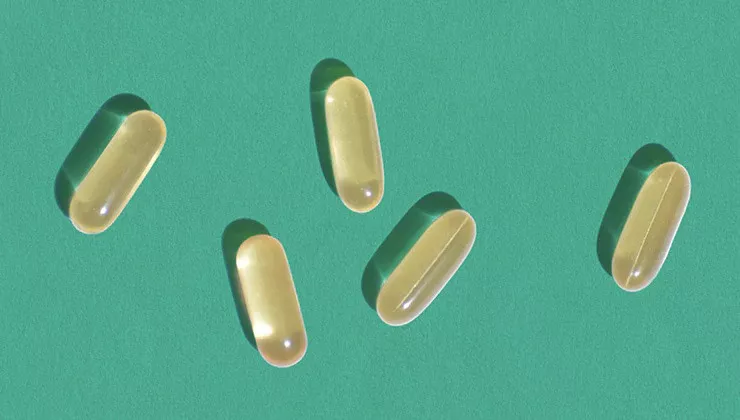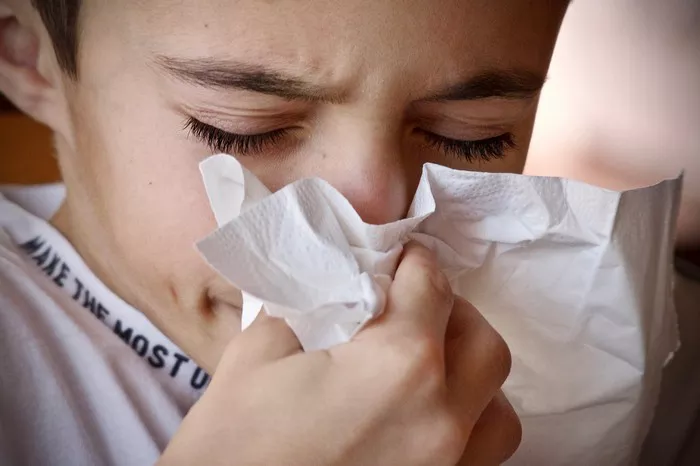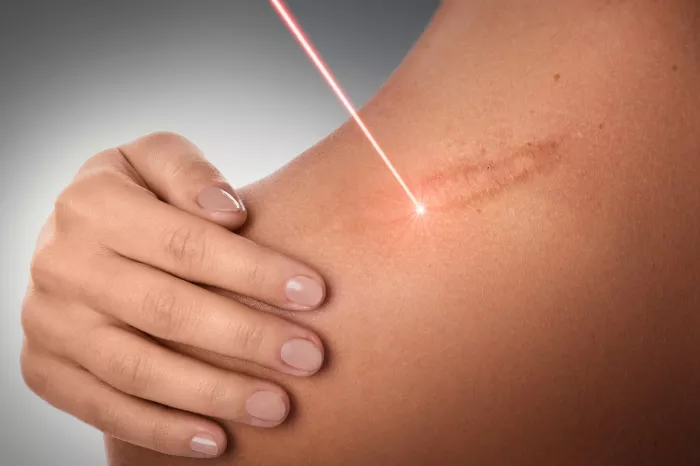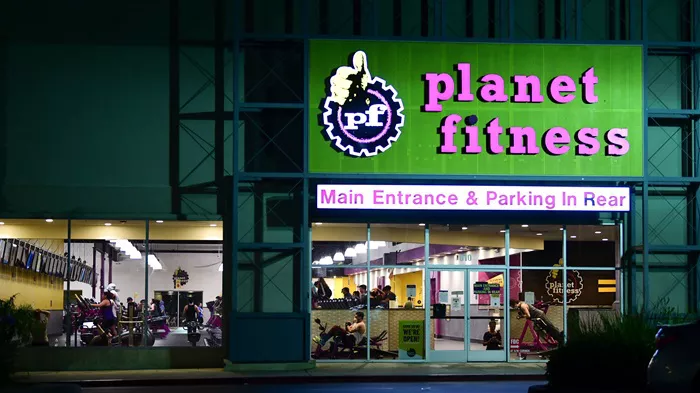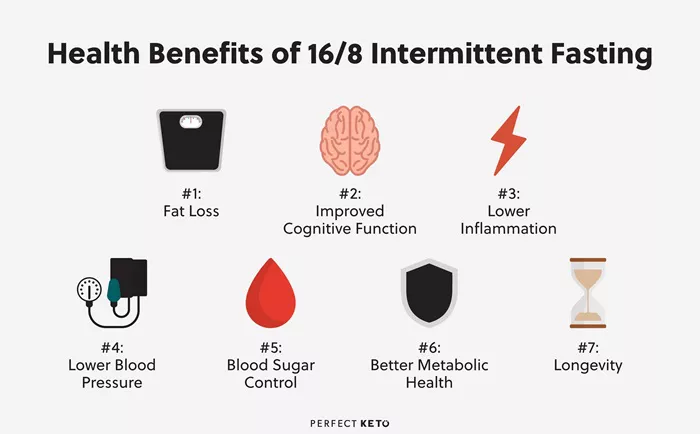In a historic development, Russia has announced the creation of an mRNA-based cancer vaccine, a pioneering treatment that could revolutionize cancer care. Slated for free distribution in early 2025, the vaccine promises to offer new hope for cancer patients and represents a major milestone in medical research.
A Game-Changer in Cancer Treatment
Developed by Russian researchers, the vaccine aims to treat existing cancer rather than prevent its onset. Utilizing mRNA technology, the vaccine targets cancer cells with remarkable precision. Andrey Kaprin, General Director of the Radiology Medical Research Centre at the Russian Ministry of Health, revealed that early trials have demonstrated the vaccine’s potential to suppress tumor growth and prevent metastasis, making it a promising therapeutic tool.
The Russian Health Ministry’s announcement highlights the nation’s commitment to advancing medical treatment and ensuring that such breakthroughs are accessible to the public. This bold initiative has garnered attention globally, particularly due to its potential to address some of the most challenging cancers.
Timeline and Anticipations for 2025 Rollout
Set for release in early 2025, the vaccine will begin its distribution across Russia. While specific details regarding the types of cancer the vaccine will target are still forthcoming, experts anticipate it could provide significant treatment options for several aggressive cancer forms. The vaccine’s introduction follows President Vladimir Putin’s earlier statements this year, celebrating the advancements made by Russian scientists in cancer immunotherapy.
Artificial Intelligence’s Role in Accelerating Development
AI has been instrumental in speeding up the vaccine’s creation. Alexander Gintsburg, Director of the Gamaleya National Research Center for Epidemiology and Microbiology, highlighted how artificial neural networks have dramatically reduced the time needed to design personalized vaccines. Previously, developing tailored mRNA treatments involved extensive and time-consuming computations. However, AI algorithms can now complete these complex processes in less than an hour, expediting the development of individualized treatments.
The Ivannikov Institute, a key partner in this project, has contributed its expertise in neural network computing, helping refine and accelerate vaccine development. This breakthrough demonstrates AI’s growing role in revolutionizing cancer treatment, making it faster and more efficient.
Global Efforts in Cancer Vaccine Development
While Russia’s announcement marks a significant achievement, it is part of a broader international effort to combat cancer with advanced technologies. The United Kingdom, for example, has partnered with BioNTech, a leading German biotechnology company, to develop personalized cancer therapies. Meanwhile, pharmaceutical companies such as Moderna and Merck & Co are working on experimental vaccines, with promising results in reducing the recurrence of melanoma.
A Bright Future for Cancer Treatment
The launch of Russia’s cancer vaccine is a critical step forward in the global fight against cancer. By combining cutting-edge mRNA technology with AI-driven innovations, this initiative could lay the foundation for more accessible and effective treatments. The promise of free distribution reflects the importance of equitable healthcare and provides a potential model for addressing one of the world’s most pressing health challenges.
As medical professionals and researchers continue to monitor the vaccine’s progress, millions of cancer patients around the world are holding out hope for a future where this devastating disease can be effectively treated. With ongoing advancements in medical science and international collaboration, the possibility of overcoming cancer may soon become a reality.
Related Topics
WashU Researchers Awarded $7.5 Million NIH Grant to Study CSVD Dementia
Drinking Wine in Moderation Could Lower Heart Disease Risk by 50%, Study Finds
Disease X Fears in Congo Subside as Malaria Emerges as Primary Suspect














